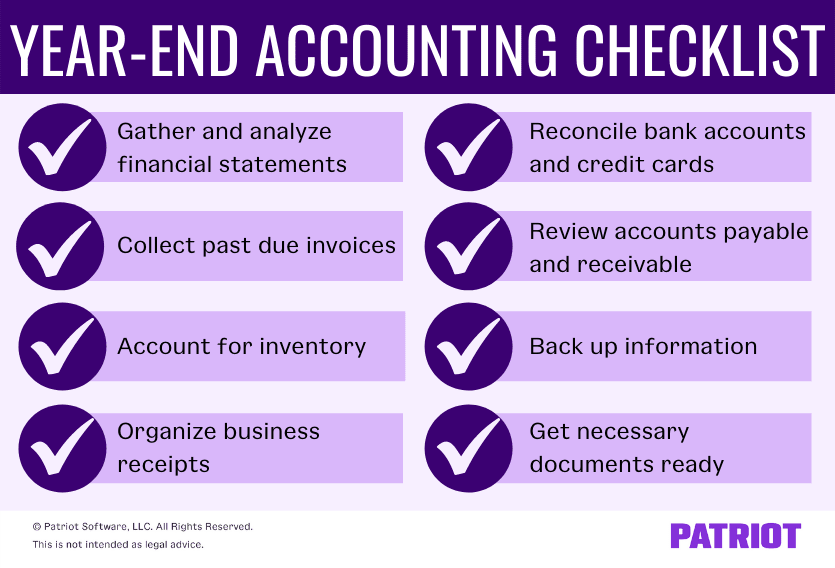The 5 Essential Roles of an Accountant
Introduction
In the ever-evolving world of finance and business, accountants play a pivotal role in ensuring financial stability and success. They are not just number-crunchers; they are strategic advisors and guardians of financial integrity. In this article, we will delve into the five essential roles of an accountant, shedding light on the diverse responsibilities that make them indispensable assets to any organization. What are the 5 roles of accountant?
Financial Record Keeping and Reporting
Maintaining Accurate Records
At the core of an accountant’s responsibilities is the meticulous maintenance of financial records. This includes tracking income, expenses, assets, liabilities, and equity. These records serve as the foundation for financial statements, providing a snapshot of a company’s financial health at any given moment.

What are the 5 roles of accountant?
Accurate record-keeping is not just about compliance; it’s about making informed decisions. Business leaders rely on accountants to provide real-time data and insights into the company’s financial position, allowing for strategic planning and risk assessment.
Preparing Financial Statements
Accountants are responsible for preparing various financial statements, such as the income statement, balance sheet, and cash flow statement. These documents provide a comprehensive view of a company’s financial performance, profitability, and liquidity.
The income statement summarizes revenue and expenses, indicating whether a company is profitable or facing losses. The balance sheet shows the company’s assets, liabilities, and equity, providing a snapshot of its financial position. Lastly, the cash flow statement reveals how cash moves in and out of the business, critical for managing liquidity.
Tax Planning and Compliance
Tax Strategy Development
Taxation is a complex arena, and accountants are instrumental in developing tax strategies that minimize a company’s tax liability while ensuring compliance with tax laws. They stay updated on ever-changing tax regulations and identify opportunities for deductions, credits, and exemptions.
Accountants work closely with businesses to optimize their tax structure, which can involve decisions regarding the entity type (e.g., sole proprietorship, corporation), accounting methods, and timing of income and expenses. A well-executed tax strategy can lead to substantial savings for a business.
Tax Filing and Compliance
Accountants are responsible for preparing and filing tax returns accurately and on time. This includes federal, state, and local taxes, as well as payroll taxes. Compliance with tax laws is not just a legal requirement but also a crucial aspect of financial stability. Failure to comply can result in penalties and legal consequences.
Furthermore, accountants assist in responding to tax audits and inquiries from tax authorities. Their expertise in tax matters ensures that businesses are well-prepared to navigate potential tax challenges.
Financial Analysis and Planning
Budgeting and Forecasting

Accountants are not just historians; they are futurists. They use historical financial data to create budgets and forecasts, aiding companies in setting financial goals and making informed decisions. Budgets provide a roadmap for revenue and expenses, while forecasts help in predicting future financial performance.
By analyzing past financial performance and market trends, accountants can assist in identifying growth opportunities, potential risks, and areas where cost-saving measures can be implemented. This financial foresight is invaluable in achieving long-term financial success.
Investment Analysis
Accountants also play a vital role in investment decisions. They assess the financial viability of potential investments and provide insights into their potential returns and risks. Whether it’s expanding the business, acquiring new assets, or investing in financial markets, accountants help companies make sound investment choices.
Auditing and Assurance
Independent Auditing
Many businesses, especially publicly traded companies, require independent audits to ensure the accuracy and reliability of their financial statements. Accountants act as auditors, conducting rigorous examinations of financial records and internal controls.
Independent audits provide assurance to stakeholders, including shareholders, creditors, and regulatory bodies, that a company’s financial information is trustworthy. This is essential for building trust and maintaining transparency in financial reporting.
Internal Auditing
In addition to external audits, accountants also perform internal audits within organizations. Internal audits focus on evaluating and improving internal processes, risk management, and compliance. They help companies identify inefficiencies, prevent fraud, and strengthen internal controls. Discover more here.
Financial Advisory and Strategy
Strategic Financial Guidance
Beyond the numbers, accountants offer strategic financial advice to businesses. They analyze financial data to provide insights that support informed decision-making. Whether it’s cost reduction strategies, capital allocation, or financial restructuring, accountants are trusted advisors who help shape a company’s financial future.
Risk Management
Accountants also play a crucial role in risk management. They identify financial risks, such as market volatility, credit risk, and liquidity issues, and develop strategies to mitigate them. By understanding the financial landscape, accountants assist businesses in safeguarding their financial well-being.
Conclusion
Accountants are multifaceted professionals who wear many hats in the financial world. From meticulous record-keeping to strategic financial planning, they are instrumental in shaping the financial health and success of businesses. As the business landscape continues to evolve, the role of accountants remains indispensable, making them key players in the journey to financial prosperity.

